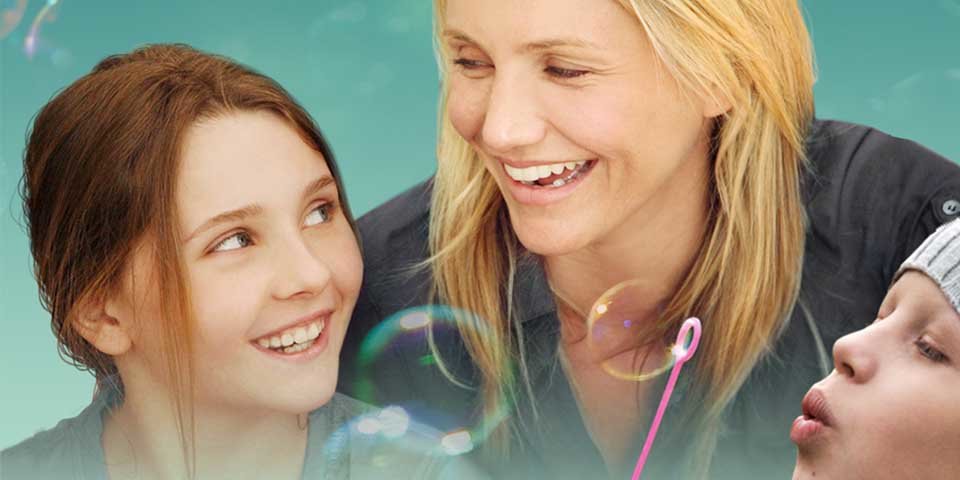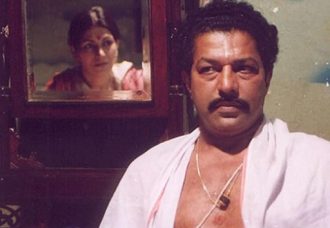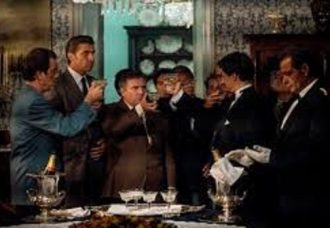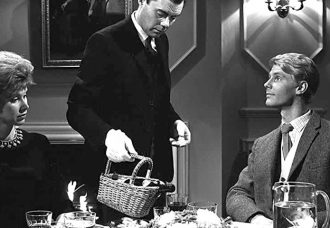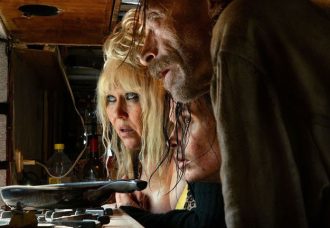Why were we born and who are we living for: for ourselves, for our parents, or for other loved ones? Anna (Abigail Breslin) philosophizes in My Sister’s Keeper. She was born in vitro, a designer baby meant to be a spare-parts provider for her sickly elder sister.
There is an extent to which anyone will bend to the diktats of their elders. That limit is long crossed when it’s at the continuing cost of one’s own dreams and aspirations and physical and mental happiness; when one is compelled to suffer and sacrifice their own future to please someone else.
As a result of lending her lymphocytes, bone marrow, and stem cells, since the time of her birth, to Kate (Sofia Vassilieva), Anna is unable to play like other kids. When she’s eleven, her parents tell her that her sister needs one of her kidneys. Anna sues them “for the rights to her own body”.
Visuals of the family having a splashing time together give sufficient indication of how closely knit they are despite the bitter disagreement and the court battle.
And the opening image, of a seemingly-healthy, grown-up Anna, makes it clear from the start that there is no intended suspense about her final decision. It’s surprising how a little makeup, a coat with extra padding, and some plumpness to her cheek was all that it took to make a look a lot older.
The acting is beautiful.
Breslin is tender, caring, and loving; but she’s also a fierce individual. At that point in life when her character realizes that she cannot take it anymore, and chooses to assert oneself, the girl’s bold, angry eyes give a strong indication of her desire to retain a little something for herself too.
Cameron Diaz sheds her bubbly image, and hair, to enter the character of a mother who devotes herself totally to her sick child.
Despite her condition, or perhaps because of it, Vassilieva bursts with the exuberance of life during her happy moments. When she’s sad and screams, the tears rush out of her eyes. And when she vomits blood, she is frighteningly authentic.
The occasional screaming and crying and outbursts of words and tears, and other loud drama that break out, within the household, are as real as the ones back home. Only, given the context, these are poignant.
Told using flashbacks and multiple narrative voices, the spectator is pulled into the vortex of this emotional family story. Though we may be inclined to deny it, the sad truth is that, sometimes, there really is no telling what is morally right or wrong, and where one should draw the line.
Nick Cassavetes’ sensitive family-bonding drama tugs painfully at the heart strings. It raises the argument of the moral obligation of a sibling who is the only suitable genetic match versus the rights of an individual, while touching upon the controversial medical emancipation issue.




